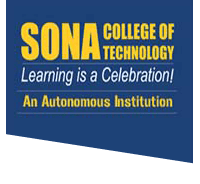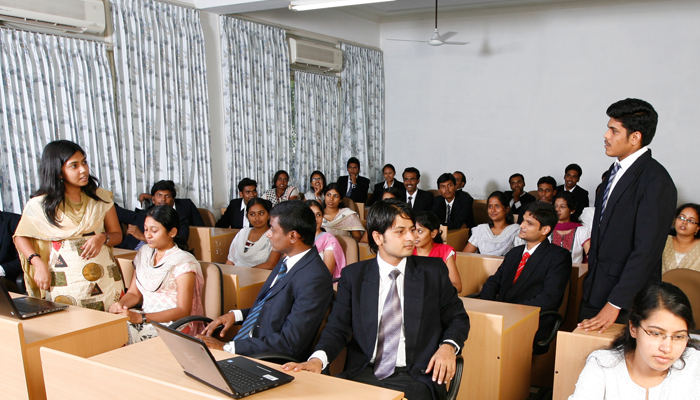It is not the way you think:
The admixture and proposition of Theory and Practice in the Course design of B-schools are Unique and can be contrasted well from other Arts and Sciences programme in the country. At a B-school, it is not hard and fast to have a practice session followed by a theory class, where a student can develop his skill. Many are social skills which are present inside every individuals and it needs to be sharpened. Things like internship, research projects bridges the gap between theory and practice. Currently Executive Interaction Programme is undergoing different dimension in B-schools.
Learning through others:
At B-schools a professor cannot prescribe things to be followed like a doctor does with his patient. Students love to experiment what faculty says. In this case learning through others experience is very important. The knowledge thus received acts as a guideline. Executive Interaction Programme(EIP) is one of such element which can be well woven in the pedagogical system of the B-Schools. EIP is simple where people from Industry handle lectures, case analysis, mini exercises, Group discussion, small workshops etc. As practitioners, they have an edge over faculty since they give first hand information. This is where an industry experienced faculty has an advantage. This experience is different from faculty’s research outcome. Every B-school needs to accommodate industry people inside their teaching learning process.
How to embrace this tool:
The following are important guidelines before going for Executive Interaction Programme.
- Ensure Industry persons’ efficacy in terms of his expertise in the topic. Faculty can manage the show because they are always strong in the theory and also they can churn stories around it. But industry people are highly practical but in his pitch alone.
- Map EIP to the skill sets to be developed amongst business students. In the sense the theory behind can be delivered well by a faculty before the EIP where the practitioner teaches “how to do?” not “what to do?”
- Educate the industry person on the topic before his session. The school can nominate a person to liaise with the speaker from industry.
- Case method of teaching can be promoted to the visiting resource person for EIP.
- The content of the EIP should surround much on current trends. Students get ideas for their research projects though these sessions.
- The EIP content can be mapped with the content beyond the syllabus. It sounds great if the subject faculty and industry person partner a subject. The delivery has to be mapped with the learning outcomes of different subjects.
- Feedback in terms of fulfillment of ETP session objective in where we can build a strong database of industry resource persons.
Kindly connect this by clarifying some of my doubts such as
- What are the topics or broad areas where EIP is important in a B-school?
- What can be the basic qualification and criteria for a resource person?
- To what extent EIP is useful to impart skills for an MBA student?
- What are the advantages and disadvantages in adopting EIP?
- Can EIP be converted to Industry people mentoring students? What is the difference?
- Are we misusing like it is just another lecture hour?
- What are the follow up “things to do” which can be institutionalized?
Prof.A.Velsamy
Sona School of Management



